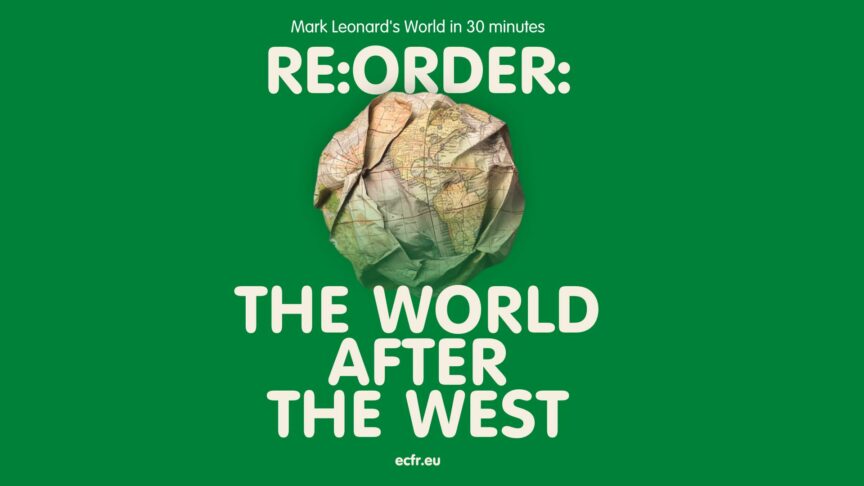Germany’s election result and what it means for Europe
How are the German election results being perceived throughout Europe? And what do they mean for the future of our continent?
To load the audio player provided by Soundcloud, click the button below. This means Soundcloud will receive technical data about your device or browser, as well as information about your visit on this page. Soundcloud may use cookies and may transfer your data to servers outside the EU, where the level of data protection may not be equivalent to that in the EU. For more information visit our privacy policy.
German election results are in, and they mark a new era for Germany. On 26 September, Germans headed to the polls to vote in one of the most unpredictable elections since Angela Merkel took office over a decade and a half ago. Now, Germany will have to endure weeks – or possibly months – of fraught coalition talks before a new government can be formed.
In this week’s World in 30 Minutes episode, host Mark Leonard talks with Jeremy Cliffe, international editor of the New Statesman, Jana Puglierin, head of ECFR’s Berlin Office, Lykke Friis, ECFR co-chair and Director of the Danish Think Tank Europa, and Sylvie Kauffmann, editorial director of Le Monde, about the fragmented election result and its implications for Europe. What coalition – the ‘traffic light’, ‘Jamaica’ or ‘grand’ – is most likely? How are the results being perceived throughout Europe? And what do they mean for the future of our continent?
This podcast was recorded on 29 September 2021.
Further reading:
- How Olaf Scholz and the SPD could lead Germany’s next government by Jeremy Cliffe
- The Fateful Chancellor: What the end of the Merkel era means for the world by Jeremy Cliffe
- Beyond Merkelism: What Europeans expect of post-election Germany by Piotr Buras & Jana Puglierin



